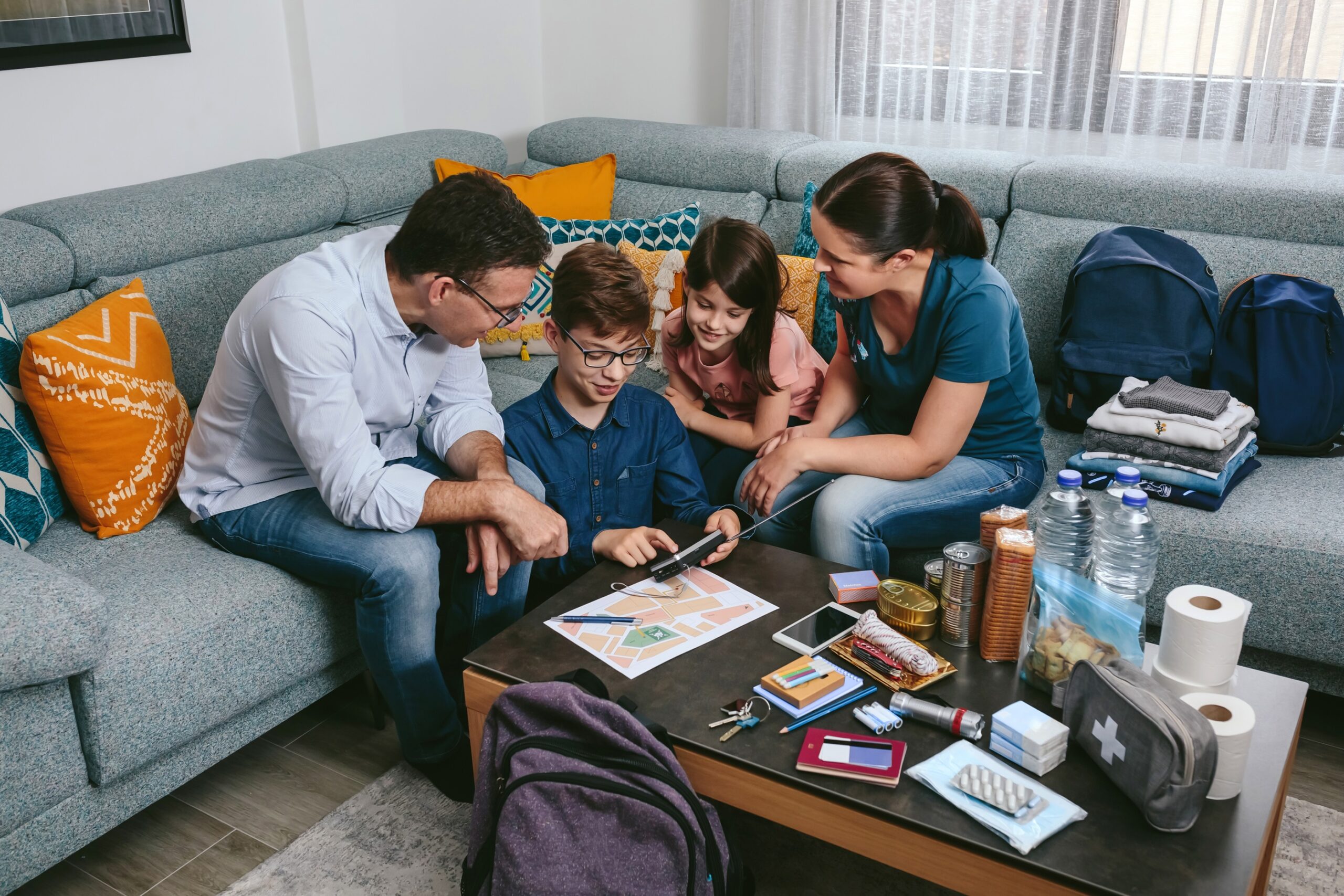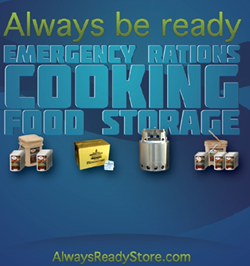Recovering to Normal After a Disaster Preparedness Event: Positive and Negative Lessons We Learned Following the Global Pandemic
Table of Contents
- Introduction
- Positive Lessons Learned
- Enhanced Preparedness and Resource Management
- Community Resilience and Support Systems
- Innovation in Healthcare and Technology
- Negative Lessons Learned
- Supply Chain Vulnerabilities
- Mental Health Impacts and Social Isolation
- Misinformation and Public Trust
- Frequently Asked Questions (FAQ)
Introduction
The global pandemic was a wake-up call that forced many of us to rethink our approach to disaster preparedness. For individuals and families, the experience was both challenging and eye-opening. We were pushed to our limits, but we also discovered new strengths and weaknesses in how we handle crises. This article aims to reflect on the lessons we learned—both positive and negative—to help you and your family prepare better for future difficulties.
Positive Lessons Learned
Enhanced Preparedness and Resource Management
One of the most valuable lessons from the pandemic was the importance of being prepared. Many families found themselves scrambling for basic necessities, realizing too late the value of having an emergency supply of food, water, and essential items. The experience taught us that preparedness isn’t just about having a stockpile—it’s about knowing how to manage resources wisely. Learning to rotate supplies, create a meal plan using stored food, and understanding the shelf life of essential items are all crucial skills that can make a big difference in a crisis.
Community Resilience and Support Systems
Another positive outcome was the strengthening of community ties. During the pandemic, many of us reached out to neighbors, friends, and even strangers to offer help or seek support. Whether it was sharing supplies, offering childcare, or simply checking in on each other, these acts of kindness showed the power of community resilience. Building and maintaining these support networks is essential for future preparedness. Knowing that you have a group of people to rely on can ease the burden of a crisis and provide a safety net when things get tough.
Innovation in Healthcare and Technology
The pandemic also accelerated innovation in healthcare and technology. From telemedicine to remote work solutions, we saw rapid advancements that allowed us to adapt to new challenges. For families, this means access to better healthcare options, even in remote areas, and more flexibility in how we work and learn. Embracing these innovations can improve our preparedness for future events, making it easier to access care and maintain stability during a crisis.
Negative Lessons Learned
Supply Chain Vulnerabilities
While there were positive takeaways, the pandemic also exposed significant vulnerabilities, particularly in our supply chains. Many families experienced the frustration of empty store shelves and long waits for essential items. This highlighted the importance of understanding where our goods come from and how fragile the supply chain can be. Moving forward, it’s crucial to consider local sourcing, alternative suppliers, and even the possibility of growing your own food to mitigate these risks.
Mental Health Impacts and Social Isolation
The mental health impact of the pandemic was profound, with many people experiencing increased anxiety, depression, and loneliness due to social isolation. For families, this was especially challenging as children, teens, and adults all faced different struggles. Recognizing the importance of mental health as part of overall preparedness is vital. Developing coping strategies, maintaining social connections, and seeking professional help when needed are all steps that can help protect your family’s well-being during future crises.
Misinformation and Public Trust
The spread of misinformation during the pandemic was another significant challenge. Conflicting advice, rumors, and false information created confusion and eroded public trust. For families, this meant sifting through a constant stream of news to find reliable information. Moving forward, it’s essential to identify trustworthy sources and stay informed without becoming overwhelmed. Teaching your family how to critically evaluate information and make informed decisions is a critical skill in today’s information-saturated world.
Frequently Asked Questions (FAQ)
Q: How can I ensure my family is better prepared for future crises?
A: Start by assessing your current level of preparedness. Create an emergency plan that includes a supply checklist, communication strategy, and evacuation routes. Make sure everyone in your family knows what to do in different scenarios. Regularly review and update your plan as needed.
Q: What are some ways to build a strong support network in my community?
A: Get involved in local groups or organizations that focus on community preparedness. Attend neighborhood meetings, participate in local events, and offer help to neighbors when possible. Building relationships now will pay off when you need support during a crisis.
Q: How can I protect my family’s mental health during a prolonged crisis?
A: Encourage open communication about feelings and concerns. Establish routines that provide a sense of normalcy, even in uncertain times. Stay connected with loved ones through virtual means if necessary, and don’t hesitate to seek professional help if someone in your family is struggling.
Q: What should I do to avoid falling victim to misinformation?
A: Rely on reputable sources like government health agencies, respected news outlets, and experts in the field. Be cautious of information that seems sensational or too good to be true. Cross-reference information from multiple reliable sources before making decisions based on it.
Q: How can I prepare for potential supply chain disruptions?
A: Consider diversifying your sources for essential items. Look into local farms, community-supported agriculture (CSA) programs, and other local suppliers. Start a garden if possible, and learn skills like canning and preserving food. Having a variety of options can reduce your dependence on traditional supply chains.








0 Comments